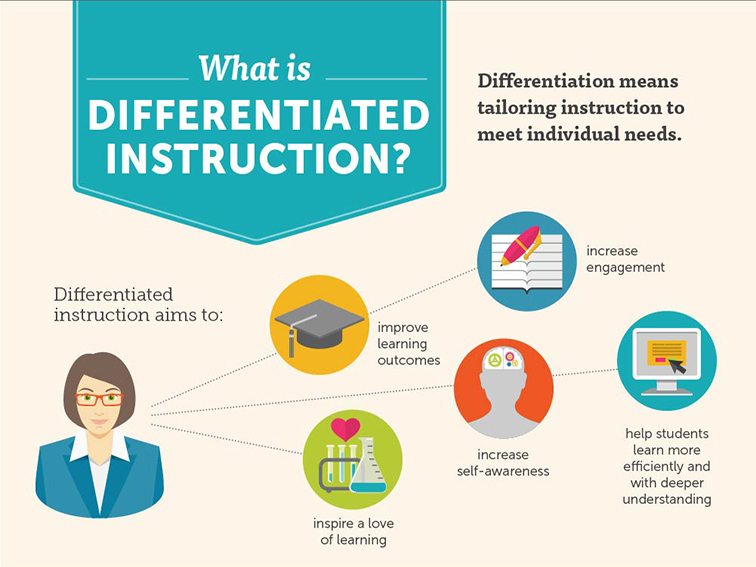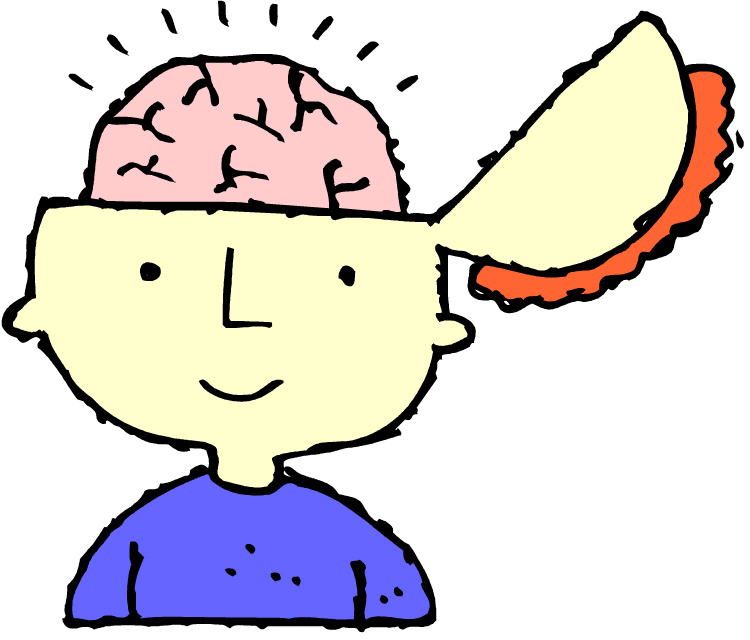
Differentiating Discussion
11-18-15
http://www.teachthought.com/pedagogy/what-is-differentiated-instruction/
Differentiation and The Brain: A discussion with Carol-Ann Tomlinson https://www.youtube.com/watch?v=mLzCqoPFxRw
Getting Started on Differentiated Instructions by Carol-Ann Tomlinson
https://www.youtube.com/watch?v=LGYa6ZacUTMNotes on the Discussion
- Common Sense
- Breaking of old habits
- Teachers need to ENVISION what they would like their classroom to look and sound like.
- Start small
- Flexible management *teach students how it will work
- Best Practices
- Use of formative assessment. Pre and Post Assessment
- Takes time
- Low prep and High prep
- START > Set a GOAL > TALK with Peers
One more video to get you started
3 ways to Differentiate Learning Stations
https://www.youtube.com/watch?v=E3LljMkI2OQ Choice Opened Tiered
Our goal is to start implementing this in the classroom in December.
I encourage you to visit with one another. Share ideas. Try it! Try it again! Try it one more time! Observe a peer in action. Ask for ideas and assistance. Look up ideas and videos. Share on this page. You can do it!









